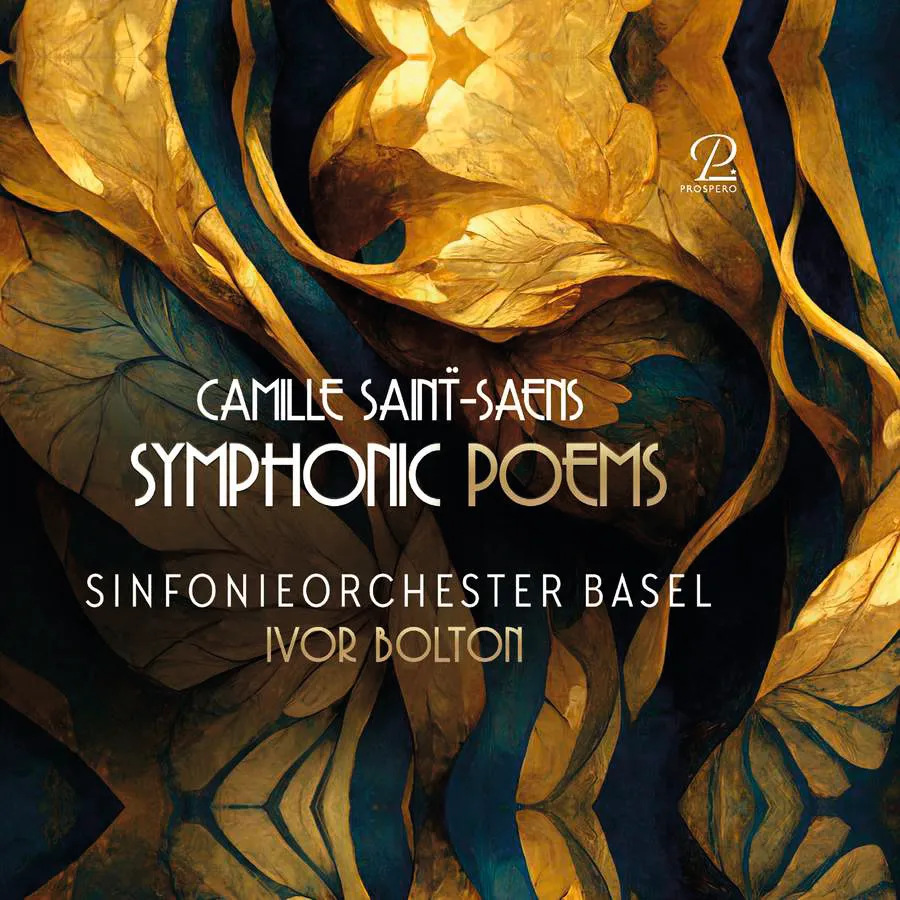
Saint-Saëns La jeunesse d’Hercule; Phaéton; Le Rouet d’Omphale; Danse macabre; Samson et Dalila – Bacchanale Sinfonieorchester Basel/Ivor Bolton Prospero Classical PROSP 0060 48:32 mins
‘A difficulty overcome is a thing of beauty’ is one of Saint-Saëns’s most often quoted aperçus: which is not to say he never made mistakes. Of the four symphonic poems he composed between 1871 and 1877, two have always held pride of place. Le Rouet d’Omphale shows the orchestrator on top form, while Danse macabre is unique in its portrayal of evil with a light touch, praised by Debussy for its ‘curious vivacity’, with the rider that ‘M Saint-Saëns will not hold it against me if I dare to say that here he gave hope of being a very great composer.’
Sadly, Phaéton and La Jeunesse d’Hercule are barely more than beta plus, the latter admitting as much by its endless repetition of short phrases. Ivor Bolton does his best with these two and is probably not responsible for the inaudibility of the drum roll in La Jeunesse that should usher in the Allegro moderato. The solo violinist in Danse macabre succeeds in being both sinister and playful, while the bucolic first oboe produces the most realistic cock-crowing I’ve ever heard, as well as an exotic start to the wild Bacchanale from Samson et Dalila.
Overall Bolton is both respectful and dynamic, my only minimal query being over the curious injunction ‘espress e pesante’ (expressive and heavy) in Le Rouet, where cellos and basses voice Hercules made to work at a spinning-wheel: quieter beginnings to the phrases would further emphasise the hairpins that tell of his fury and disgust.
Roger Nichols
